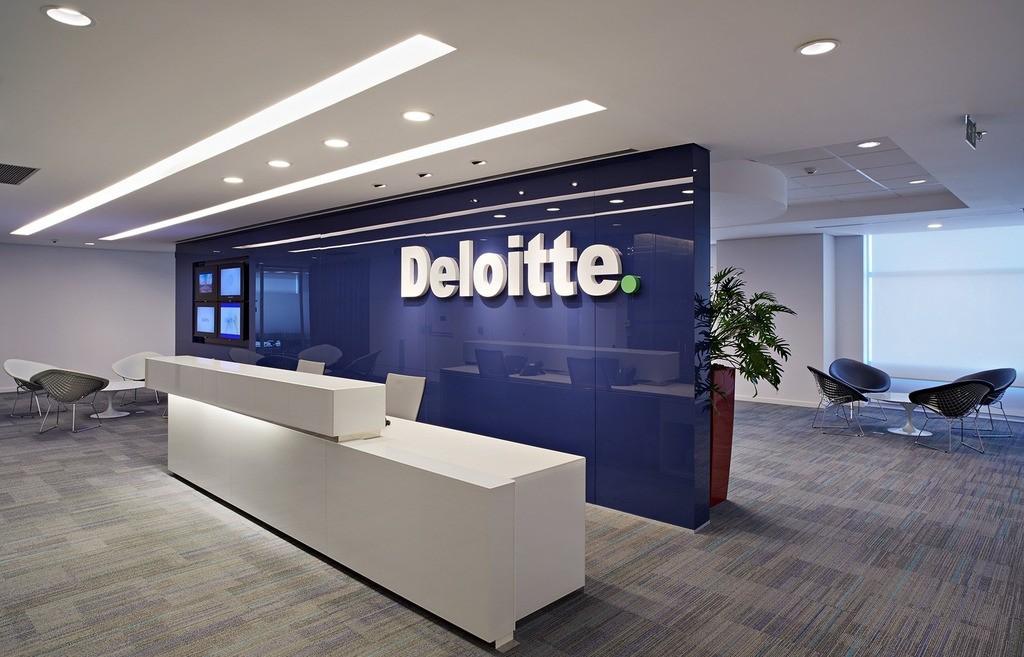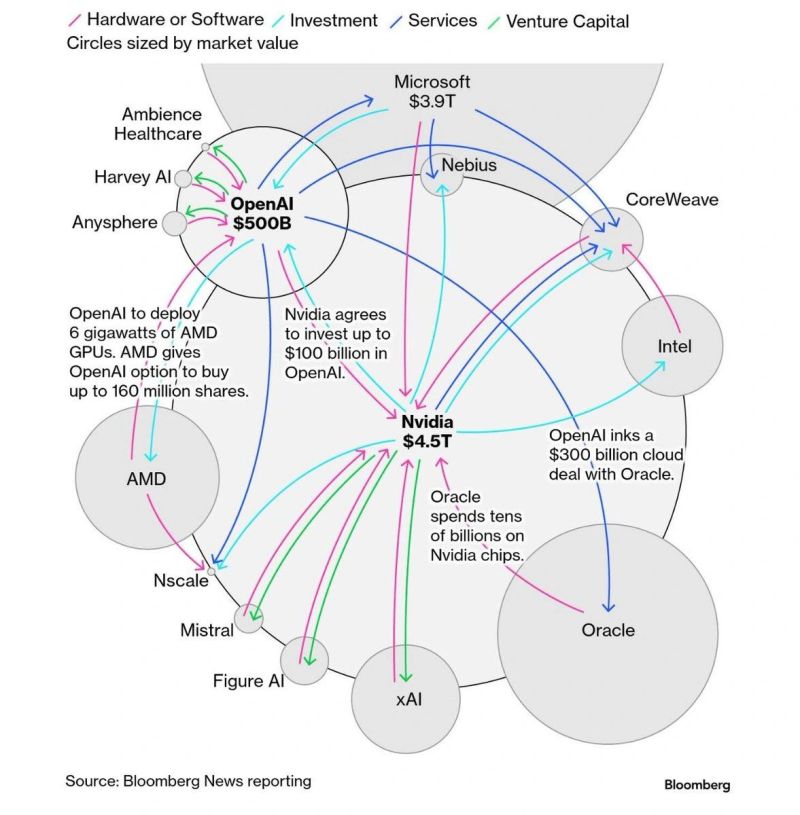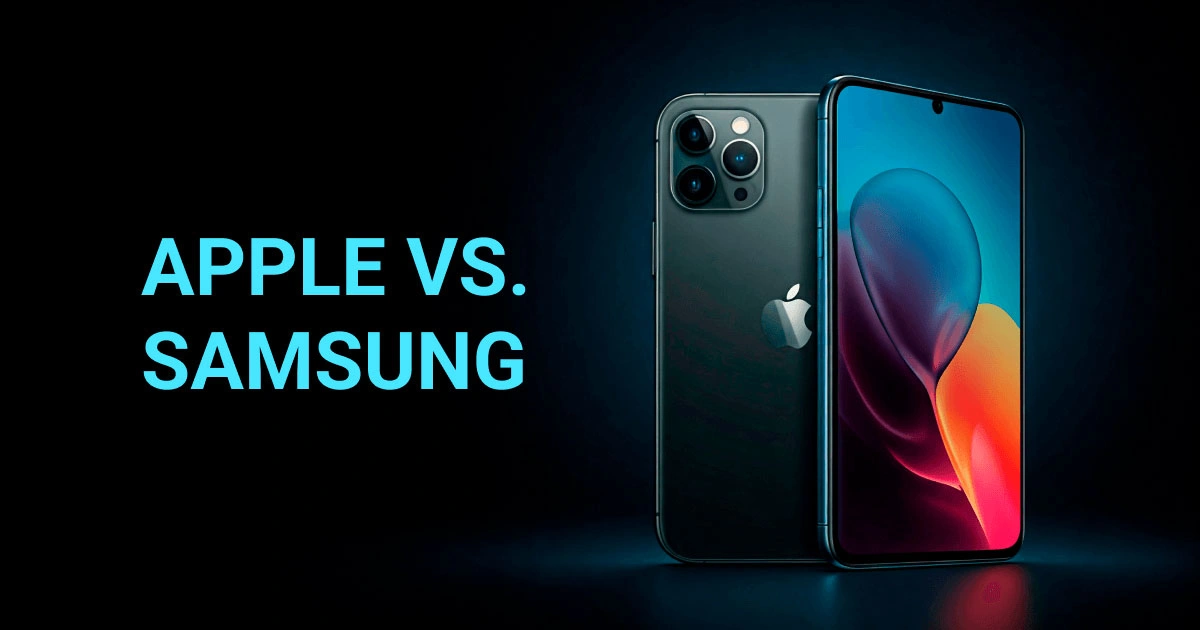Introduction: When Innovation Outruns Oversight
In October 2025, Deloitte Australia—one of the world’s leading professional services firms—found itself at the center of an AI controversy that sent ripples across corporate and government sectors alike.
A $440,000 report commissioned by the Australian government contained factual errors, fabricated citations, and even a non-existent legal quote—all traced back to generative AI tools used during its creation.
The incident is not just a cautionary tale about artificial intelligence—it’s a wake-up call for every organization experimenting with AI in professional work. It demonstrates that while AI accelerates productivity, it can also amplify reputational and ethical risks when governance and human oversight are weak.
Background: The Players and the Project
The report in question was commissioned by Australia’s Department of Employment and Workplace Relations (DEWR). Deloitte, engaged for approximately AUD 440,000, was tasked to review compliance systems related to welfare and job-seeker programs.
As one of the “Big Four” firms, Deloitte is globally respected for its consulting, risk advisory, and analytics capabilities. Its involvement in high-profile government projects is routine.
However, what made this engagement unusual was the use of generative AI, reportedly via Microsoft’s Azure OpenAI GPT-4o environment, licensed under DEWR’s infrastructure. The intent was efficiency and enhanced data synthesis—but what followed became a landmark case in AI accountability.
Timeline: How the AI Controversy Unfolded
- Early 2025: Deloitte is contracted by DEWR to prepare an analytical and advisory report on compliance systems.
- Mid-2025: Drafting begins; parts of the content are reportedly generated using AI to accelerate research and writing.
- Late 2025: The final report is submitted, containing references and quotes that appear legitimate but later turn out to be fabricated.
- October 2025: The errors are discovered during an internal review, revealing “hallucinated” references, a misquoted Federal Court judgment, and several inaccuracies.
- Aftermath: Deloitte publicly acknowledges the use of AI, apologizes for the oversight, and agrees to repay around AUD 98,000 of the fee.
- Government Response: The Department confirms the report’s core findings remain valid but mandates revisions and re-submission.
What began as an attempt to leverage innovation turned into a reputational setback for both parties—highlighting the growing need for ethical AI practices in professional consulting.
Why It Was Significant
The Deloitte incident is more than a one-off embarrassment—it represents a broader tension between innovation and integrity in the age of AI-driven business.
- Trust and Credibility: Governments and corporations rely on consulting firms for expertise and accuracy. When errors occur due to unchecked AI use, trust erodes rapidly.
- Disclosure and Transparency: The lack of explicit disclosure about AI involvement raised questions about honesty and accountability in client deliverables.
- Regulatory Implications: Public institutions are now under pressure to set AI usage guidelines for vendors and contractors, ensuring traceability of sources.
- Reputational Risk: For a brand like Deloitte, which thrives on trust, even partial refunds and apologies can create long-term brand implications.
- Industry Precedent: The case sets a precedent for how AI errors might be treated in future contracts, potentially reshaping the liability frameworks for professional services.
Key Lessons for Professionals
1. AI Must Augment, Not Replace Human Judgment
Generative AI is powerful, but it lacks context, reasoning, and accountability. Professionals must treat AI as a support tool—not an autonomous author. Every AI-generated insight or citation must be verified manually before inclusion in official deliverables.
2. Transparency Builds Trust
If AI tools contribute to a report or product, disclose it. Clients, investors, and regulators appreciate openness far more than after-the-fact apologies. Transparency should be part of every engagement agreement.
3. Implement Strong AI Governance
Organizations must build clear frameworks for AI governance—including validation checkpoints, approval hierarchies, and risk-assessment protocols. This should cover data privacy, output verification, and source integrity.
4. Ethics and Accountability Remain Human Duties
AI can automate processes but cannot carry ethical responsibility. When things go wrong, it’s the humans—not the algorithms—who are answerable. Leadership must ensure that ethical oversight is embedded at every stage of AI deployment.
5. Continuous Learning and Skill Adaptation
The incident highlights the importance of AI literacy for all professionals. Understanding how AI generates, manipulates, and sometimes fabricates data is now a fundamental skill for consultants, managers, and analysts alike.
Final Takeaway: Innovation Without Integrity Fails
The Deloitte-DEWR case underscores a timeless truth: technology without governance is risk disguised as progress.
AI can make professionals faster—but without human diligence, it can also make them wrong faster. As organizations race to integrate AI into workflows, they must prioritize accountability, verification, and ethics as strongly as innovation and efficiency.
For leaders, educators, and policymakers, this incident is a turning point. It redefines how we balance the power of artificial intelligence with the values of human intelligence.
At TalNurt, we believe the future belongs to organizations that not only adopt AI—but govern it responsibly, transparently, and ethically.




